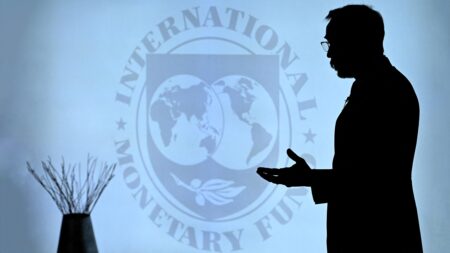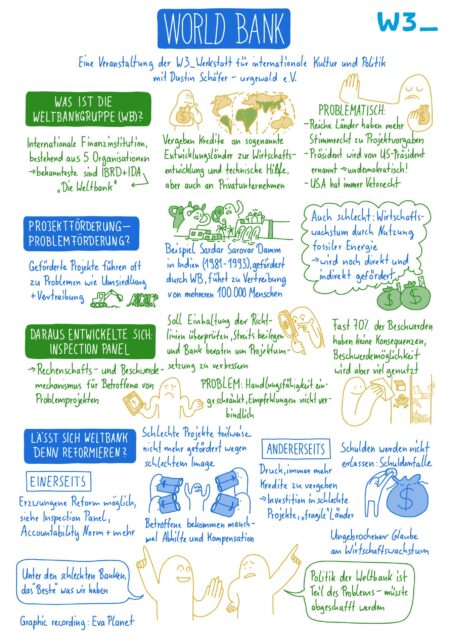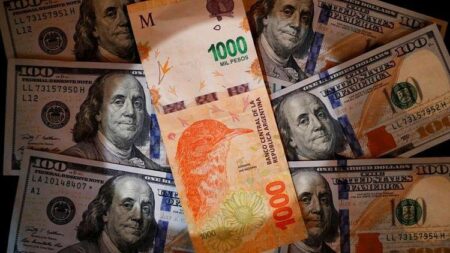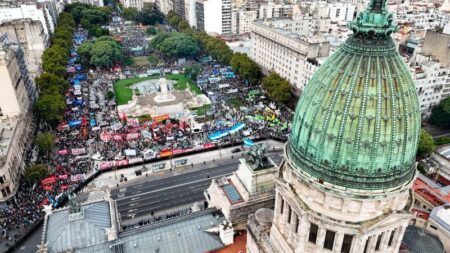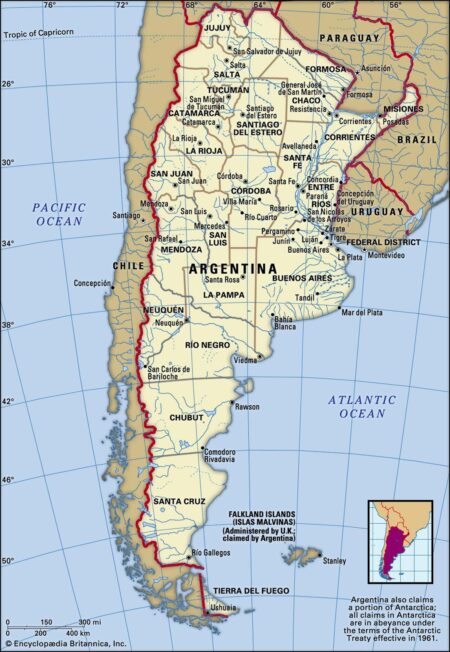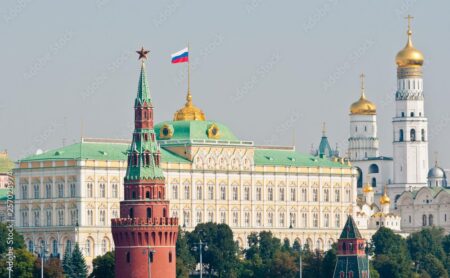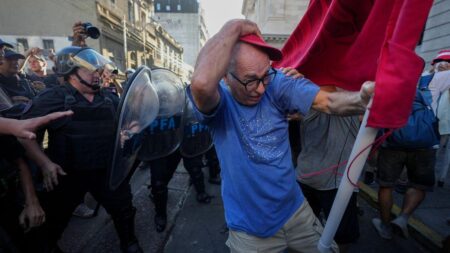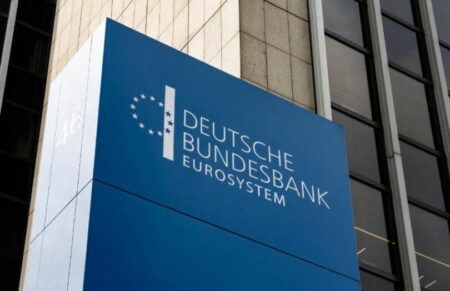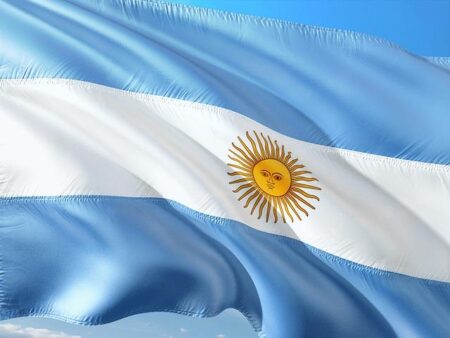The IMF and World Bank have greenlit exciting new bailout packages for Argentina, designed to bolster its economy in the face of persistent inflation challenges. These vital measures are set to offer essential support as the nation charts a course through financial uncertainty.
Browsing: economic crisis
The World Bank is gearing up to unveil a remarkable $12 billion financing package for Argentina, designed to give a much-needed boost to the nation’s faltering economy. This substantial investment arrives at a critical time, as the country grapples with persistent challenges like soaring inflation and currency fluctuations, according to reports from Reuters.
Argentina’s recent IMF deal marks a critical financial maneuver aimed at stabilizing its economy. Negotiations involved stringent fiscal reforms and commitments to reduce inflation, showcasing the government’s resolve to navigate ongoing economic challenges.
In a significant economic shift, President Javier Milei has announced the end of Argentina’s strict currency controls, known as the “cepo,” following the IMF board’s approval of a US$20-billion bailout. This move aims to restore market confidence amid ongoing financial turmoil.
Argentina announced plans to lift its stringent currency controls, a move supported by the International Monetary Fund (IMF) as the country seeks to stabilize its economy. This decision signals a potential shift in economic policy aimed at attracting foreign investment.
Thousands of Argentinians took to the streets in a general strike to protest President Javier Milei’s ‘chainsaw’ austerity measures. Demonstrators demanded an end to cuts that they claim threaten social welfare and deepen economic inequality in the nation.
Argentina has secured a $20 billion deal with the International Monetary Fund (IMF) to support President Javier Milei’s ambitious economic reforms. The agreement aims to stabilize the nation’s economy amid ongoing inflation and fiscal challenges.
Tens of thousands across Spain took to the streets over the weekend to protest the escalating housing crisis, demanding affordable housing and government intervention. The demonstrations reflect growing frustration over rising rents and inadequate housing policies.
The Kremlin is experiencing heightened concern as the price of Russian Urals crude oil approaches the critical $50 threshold. This significant drop could hamper state revenues, further exacerbating the economic challenges faced amid ongoing sanctions.
In Argentina, retirees and soccer fans clashed with police during protests against austerity measures aimed at addressing the economic crisis. Demonstrators expressed frustration over cuts to pensions and social services, leading to violent confrontations.
Mark Carney, renowned for his crisis management, aims to steer Canada through the ongoing trade war. As he navigates economic uncertainties, his leadership is pivotal in shaping fiscal policy and bolstering national resilience against global market fluctuations.
In a concerning indication of economic strain, the German Central Bank reported significant losses, highlighting challenges ahead for Europe’s largest economy. Analysts warn this trend may reflect deeper issues, raising alarms about Germany’s financial stability.
In a controversial turn of events, the Argentine leader faces backlash following the collapse of a cryptocurrency he actively promoted. Critics argue that the promotion reflects poor judgment, raising concerns about the government’s role in digital finance.
Argentina, once a haven for budget travelers, has seen soaring inflation that has dramatically increased costs for locals and tourists alike. As businesses struggle to adapt, the country grapples with a shifting economic landscape that affects everyone.

